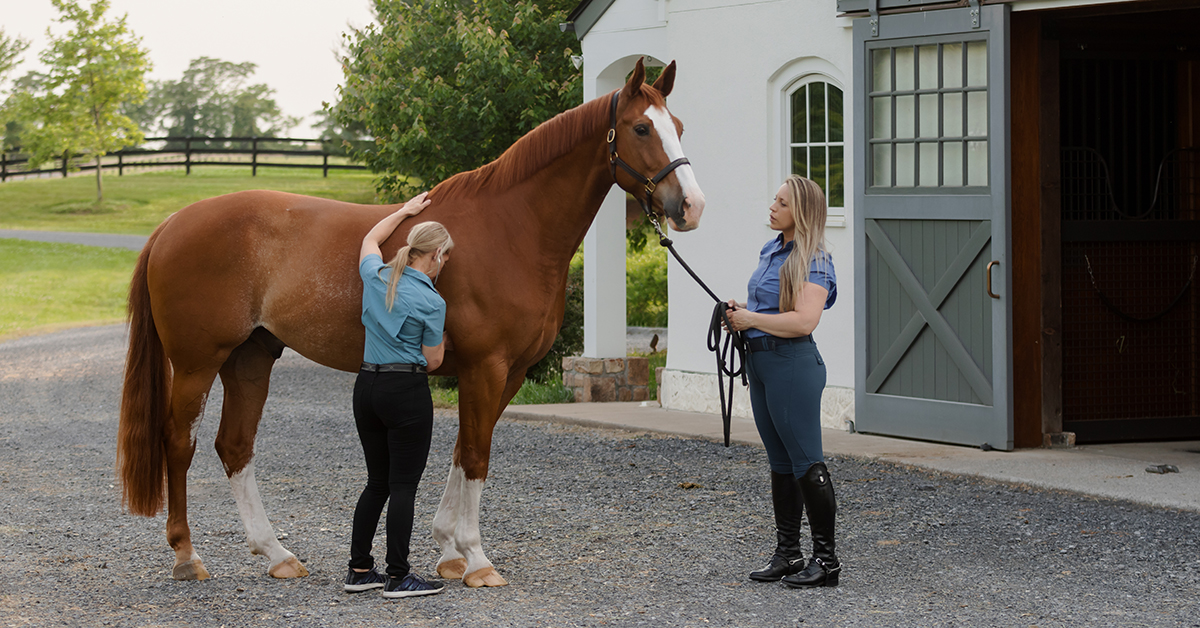As the cold months approach, ensuring proper feeding for senior horses in winter becomes a top priority for horse owners. Aging horses often have different nutritional needs compared to their younger counterparts. This article aims to guide you through the essential steps and strategies for keeping your senior horse healthy and well-nourished during the winter season.

Understanding the Nutritional Needs of Senior Horses
Senior horses, typically those over 15 years of age, experience changes in their dietary requirements. Their ability to digest and absorb nutrients diminishes, making it crucial to adjust their diet accordingly. In winter, these needs can become even more critical due to the increased energy expenditure required to maintain body heat.
Importance of Calories and Fiber
Calories are vital for senior horses, especially during colder months. Providing adequate calories helps maintain body temperature and weight. Fiber-rich feeds, such as hay, are essential as they help generate internal heat through digestion. For detailed information, you can visit Senior Horse Hay Requirements.
Protein and Mineral Considerations
Protein is another critical component of a senior horse’s diet. It supports muscle maintenance and immune function. Alongside protein, ensuring a balanced intake of minerals like calcium and phosphorus is essential. Consider consulting resources like Supplements for Aging Horses for more guidance.
Choosing the Right Feed
When selecting feed for your senior horse, consider their specific health needs. Specialized senior feeds are designed to be more digestible and nutrient-dense, providing the necessary support for older horses.
Types of Senior Feeds
Senior feeds come in various forms, including pellets and textured feeds. Choosing the right one depends on your horse’s dental health and preferences. For horses with dental issues, softer, more easily chewable feeds are recommended.
Incorporating Supplements
Supplements can play a vital role in addressing specific nutritional gaps. Consider supplements that target joint health, digestive support, and immune function. Explore options at Senior Horse Diet Guide for further insights.
Managing Dental Health
Dental health is a significant concern for senior horses, as it directly affects their ability to chew and process food effectively. Regular dental check-ups are essential to identify and address any issues such as tooth wear or loss. Learn more about dental care at Tooth Grinding Problems.
Adjusting Feed for Dental Issues
For horses with dental problems, softened feeds or mashes can be a viable solution. These options reduce the need for extensive chewing and help ensure proper nutrient intake.
Ensuring Adequate Hydration
Water intake is crucial during winter, as dehydration can lead to serious health complications. Ensure your horse has access to clean, unfrozen water at all times. Adding a salt lick can also encourage drinking.
Monitoring Water Consumption
Keep an eye on your horse’s water consumption, especially during sub-zero temperatures. If necessary, use water heaters to prevent freezing and maintain a comfortable drinking temperature.
Monitoring Weight and Body Condition
Regularly monitoring your horse’s weight and body condition is vital during winter. A sudden drop in weight can indicate inadequate nutrition or health issues. Use a weight tape or body condition score chart to track changes.
Adjusting Diet Accordingly
Based on weight and condition assessments, adjust the diet as needed to ensure your horse maintains a healthy weight throughout winter.
Providing Shelter and Warmth
Providing adequate shelter is essential in protecting senior horses from harsh winter conditions. Shelter not only offers protection from wind and snow but also helps conserve body heat.
Blanketing Considerations
Blanketing can be beneficial for senior horses, especially those with a thinner coat or difficulty maintaining body heat. Ensure the blanket fits well and is appropriate for the weather conditions.
Exercise and Movement
Regular exercise is crucial for maintaining muscle mass and joint health in senior horses. Even in winter, ensure your horse has opportunities for movement, whether through turnout or light riding.
Benefits of Exercise
Exercise helps stimulate appetite, improve circulation, and support overall well-being. Adjust exercise routines based on your horse’s capabilities and weather conditions.
Consulting with a Veterinarian
Collaborating with a veterinarian is invaluable when managing the health and diet of senior horses. Regular check-ups and consultations help identify potential issues early and tailor the diet to specific needs.
Importance of Professional Guidance
A veterinarian can provide personalized advice and recommend specific tests or treatments to ensure your senior horse thrives during winter.
Conclusion
Feeding senior horses in winter requires a thoughtful approach, considering their unique nutritional needs and health challenges. By providing a balanced diet, ensuring dental health, and maintaining proper hydration, you can support your senior horse’s well-being during the colder months. For additional information on caring for older horses, visit the BHS guide on elderly horse care.

FAQs
What is the best feed for senior horses in winter?
The best feed for senior horses in winter is one that is high in calories and fiber, easily digestible, and tailored to their specific health needs.
How can I ensure my senior horse stays hydrated in winter?
Ensure your horse has access to clean, unfrozen water and consider using heated water buckets or troughs to maintain a comfortable drinking temperature.
When should I consult a veterinarian about my senior horse’s diet?
Consult a veterinarian if you notice any changes in your horse’s weight, condition, or behavior, or if you’re unsure about their dietary needs.
This article contains affiliate links. We may earn a commission at no extra cost to you.
